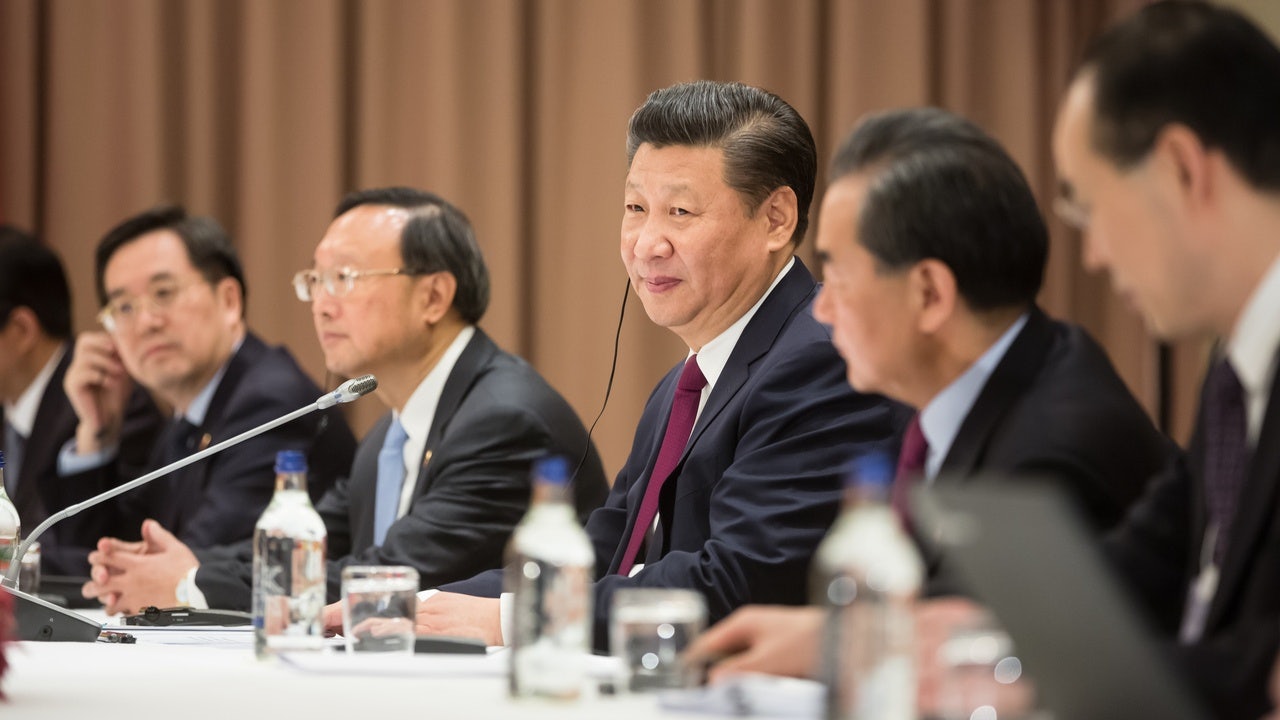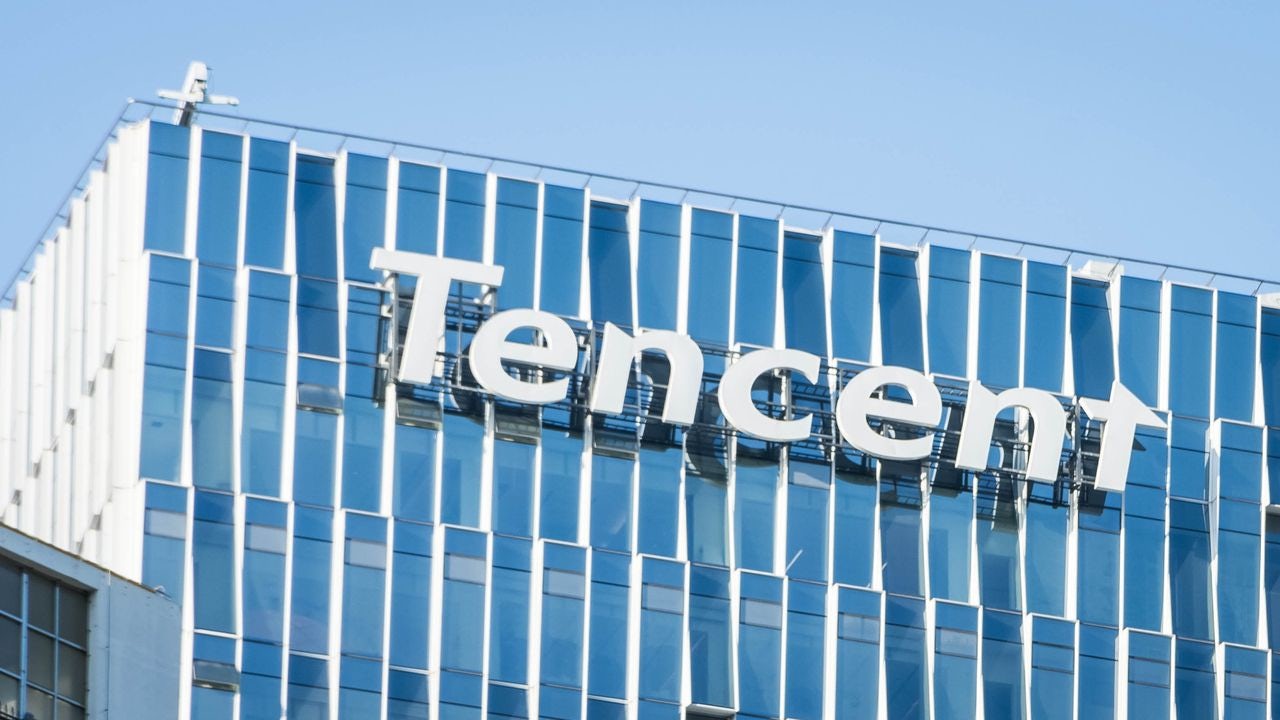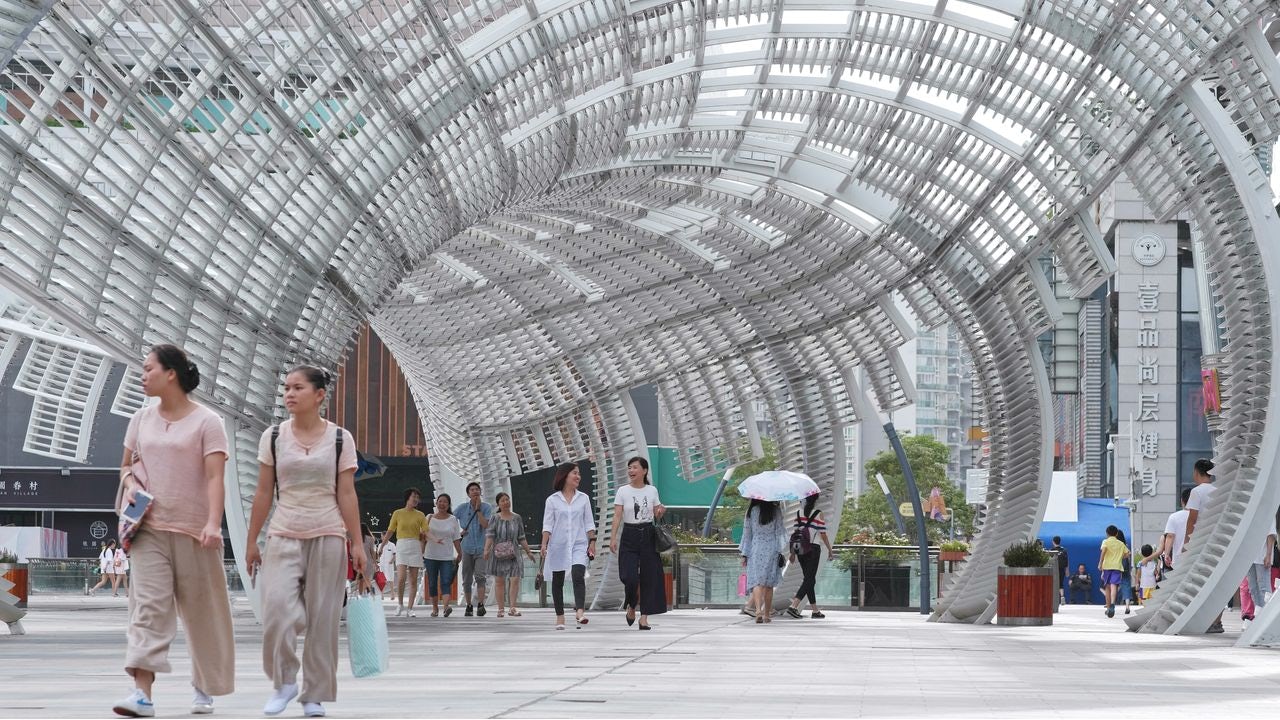Key Takeaways:#
- Western brands eyeing China should prepare for a new Xi Jinping era — a more powerful and less forgiving one.
- Despite policy changes and the courting of foreign investors, China only wants international companies that can offer it technological leverage.
- China’s 20th Party Congress will likely prioritize domestic policies that create a more egalitarian society.
China's 20th Party Congress will happen in 2022. But its Politburo will meet this November 8 to 11 in Beijing for “the most important meeting ahead of next year’s national congress,” according to The South China Morning Post. The meeting will spotlight “the major achievements and historical experience of the party’s struggle in the past century.”
Meanwhile, the business community is holding back from bold predictions, trying to understand the future role of North American and Western European companies in a new context of tighter regulations. So what should Western brands anticipate from China's 20th Party Congress in 2022?
Xi Jinping 2.0: The President of China will become even more powerful#
Among the most anticipated decisions in China and abroad is the possibility of a leadership change. Xi Jinping took office in November 2012, won a second term in 2017, and hit the mandatory retirement age in 2021. “The expectation, both inside and outside the CPC, was that he would follow the example set by his predecessors Hú Jǐntāo 胡锦涛 and Jiāng Zémín 江泽民 of stepping down from the top role after serving two full five-year terms,” says SupChina. “This belief was reinforced by a nascent norm that leaders aged 68 or older in the year of a Party Congress had to retire from the Politburo.”
Foreign commentators hoping for a succession crisis fail to acknowledge that in March 2018, China removed presidential term limits, leaving the retirement decision up to Xi Jinping. But after nearly a decade in power, Xi Jinping does not show any signs of slowing down. On the contrary, he emerged stronger from the global pandemic, expanding China’s influence in Latin America through vaccine diplomacy and positioning the country as a trusted ally to many African nations.
Western brands eyeing China should prepare for a new Xi Jinping era — a more powerful and less forgiving one.
The Western crackdown#
Make no mistake: China will force some Western companies to bid farewell to its rich market. The crackdown on domestic companies is just the beginning, and Western brands will get targeted next.
Despite policy changes and the courting of foreign investors, China wants only international companies that can offer serious technological leverage. “The way we see it is, some companies are going to get pushed out of the market,” said Adam Dunnett, secretary-general at the EU Chamber of Commerce in China, to CNBC. “They’ll fight as long as they can. Others have something to offer, and they’re willing to offer it because the market is there, and it’s good, and they’ll try to hold onto it as long as they can.”
Western retailers that cannot offer needed leverage should prepare for a future in which China turns them into lobbyists representing China’s interests in the West (think of Elon Musk’s praise of China). Foreign firms that can influence Washington or help China innovate will get rewarded with increased market access, government funds, and commercial opportunities.
A heightened communist rule means tighter limits on the private sector#
Over recent months, it became clear that China is prepared to annihilate everything that might represent a threat to the communist party's control. That even includes highly successful domestic companies like Alibaba and DiDi, which have grown too big to control.
Prioritizing political stability over economic growth might be interpreted as a dangerous move in the West. But in China, this strategy is less controversial as many citizens welcome government intervention into the economy and believe that keeping a country of 1.4 billion people under control requires a powerful and centralized government prepared to launch hardline policies.
Domestic priorities take center stage#
China’s 20th Party Congress will likely prioritize domestic policies that create a more egalitarian society where more people can take advantage of China’s rapid economic growth. Naturally, these efforts will boost trust in the government and improve many people's quality of life.
A long-term survey by the Ash Center at Harvard’s Kennedy School of Government, conducted in eight waves between 2003 and 2016 via responses from 32,000 participants, revealed very high satisfaction with the central government in China. In 2016, 95.5 percent of respondents were either “relatively satisfied” or “highly satisfied” with Beijing. By contrast, in January 2021, a Gallup poll shows US adults’ satisfaction with seven broad aspects of their country's government was at its lowest in two decades. The average percentage satisfied with the seven dimensions has dropped to 39 percent.
Advancing China's domestic policy agenda will also bring a renewed interest in Hong Kong. Beijing will probably continue the crackdown on the city’s political autonomy through more robust sanctions that penalize the city's economy. Retailers would be wise to shed their real estate footprint in Hong Kong and look towards neighboring Macau and Shenzhen for opportunities.
As for Taiwan, the warmongers in Washington will be disappointed to discover that Xi Jinping does not want to invade this island in the western Pacific Ocean. Given China’s current economic challenges, Xi Jinping cannot risk losing the support of the Central Committee by rattling the financial market with talks of invasion and war.
According to Al Jazeera, various experts “believe much of the threat assessment by the US military may reflect a domestic shift within the US in perceptions of China.” In other words, Washington is putting Taiwan center stage, although the situation hasn't massively deteriorated, and there are no signs of war or military interventions.


